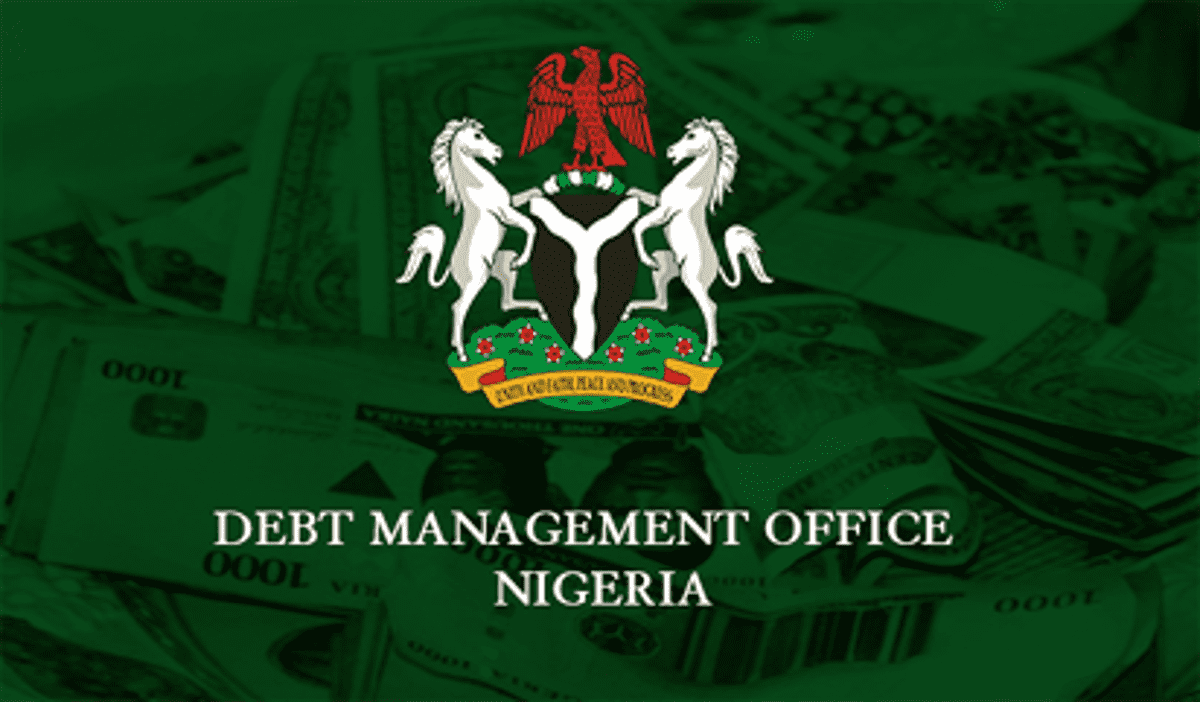Nigeria has successfully raised $2.2 billion in its first eurobond issuance since February 2022, a transaction that saw demand exceeding four times the amount on offer.
This marks a significant return to international debt markets for Africa’s largest oil producer, signaling renewed investor confidence.
The Debt Management Office (DMO) announced the issuance, revealing the sale comprised two maturities: a 6.5-year note priced at 9.625 percent, which raised $700 million, and a 10-year note priced at 10.375 percent, which secured $1.5 billion. The offering attracted a peak orderbook of over $9 billion, with participation from fund managers, insurance and pension funds, hedge funds, banks, and other financial institutions.
The eurobond proceeds are earmarked to finance a portion of the 2024 budget deficit, projected at ₦9.18 trillion ($5.86 billion), according to a proposal recently submitted to lawmakers by President Bola Tinubu.
This issuance marks a broader trend among African nations re-entering the international debt markets after a two-year hiatus caused by prohibitive borrowing costs and debt distress. Other countries, including Benin, Ivory Coast, Kenya, and South Africa, have also tapped into global markets this year.
The sale reflects the positive impact of fiscal and monetary reforms initiated by President Tinubu’s administration. Since assuming office in May 2023, the government has implemented measures such as adopting a flexible exchange rate system, eliminating gasoline subsidies, and aggressively raising interest rates to tackle inflation, which remains at a near three-decade high.
These reforms have earned commendations from global investors, the World Bank, and the International Monetary Fund (IMF). According to the JPMorgan EMBIG Nigerian Sovereign Index, the yield spread on Nigerian bonds over United States Treasuries has narrowed by 153 basis points since its peak in August 2023, signalling improved market sentiment.
The issuance was managed by a consortium of global and local financial institutions, including Chapel Hill Denham, Citigroup Inc., Goldman Sachs Group Inc., JPMorgan Chase & Co., Standard Chartered Plc, and FSDH Merchant Bank Ltd.
Nigeria had previously deferred a $950 million eurobond issuance in May 2022 due to unfavourable market conditions. This latest success highlights a renewed momentum in Nigeria’s engagement with international capital markets, with investors optimistic about the country’s economic trajectory despite ongoing domestic challenges.





